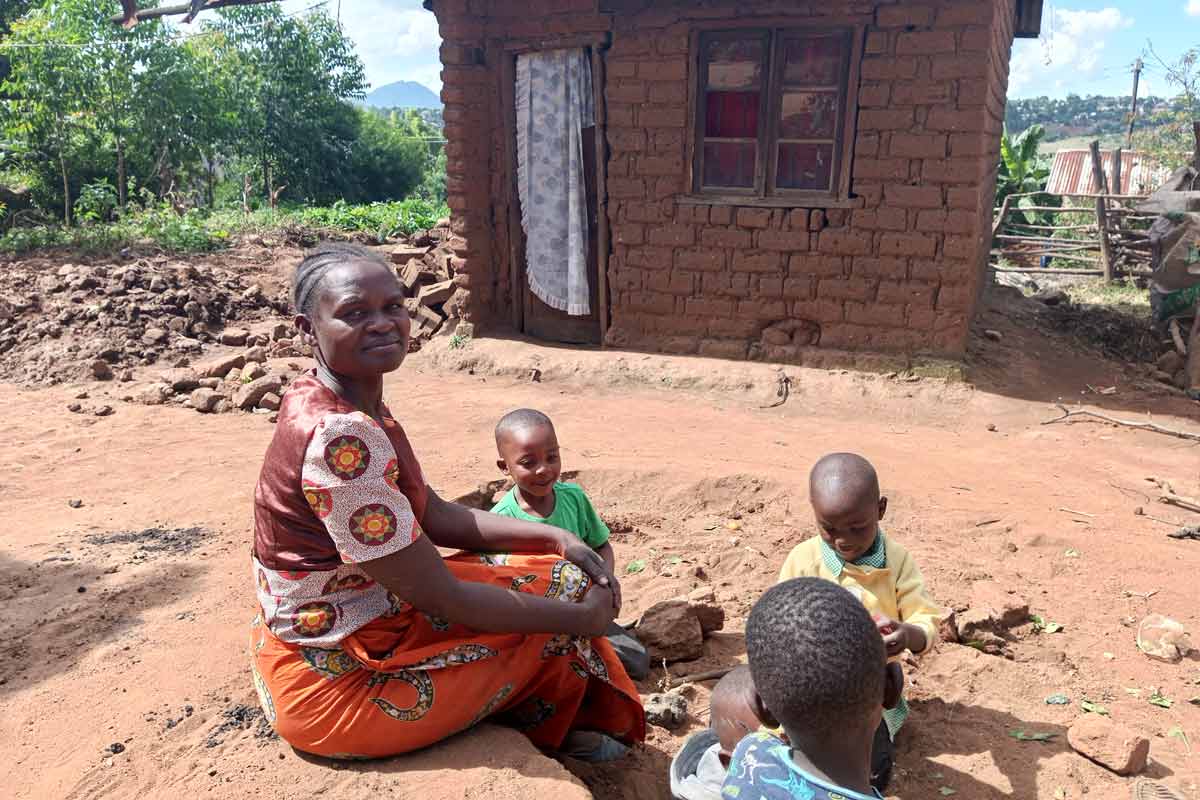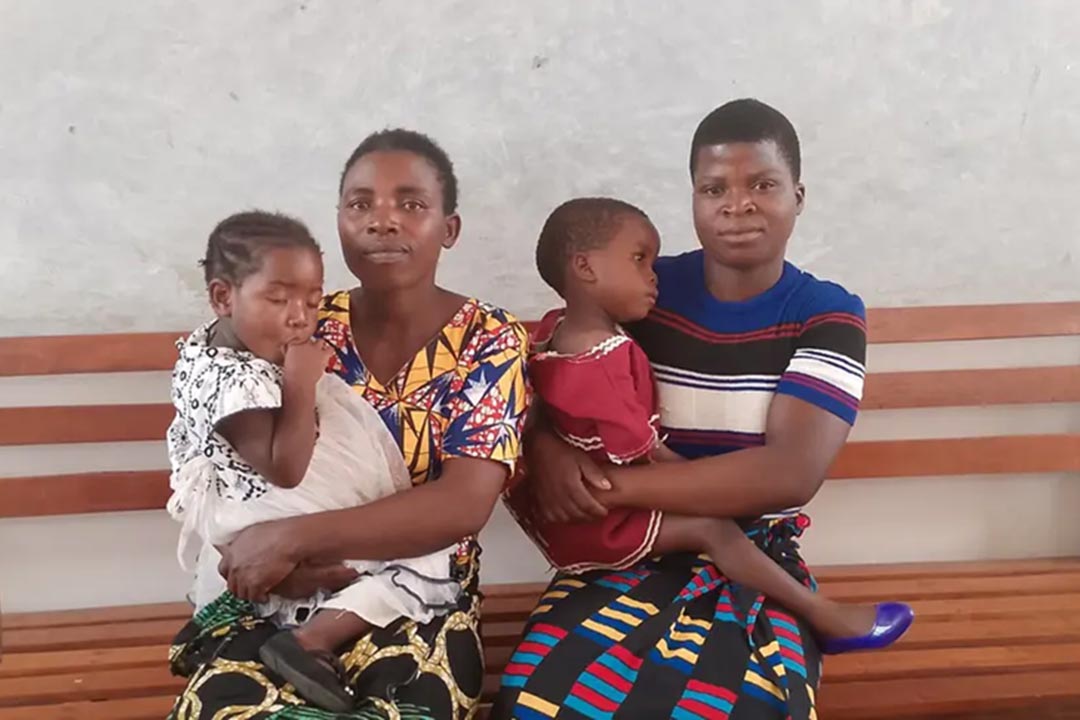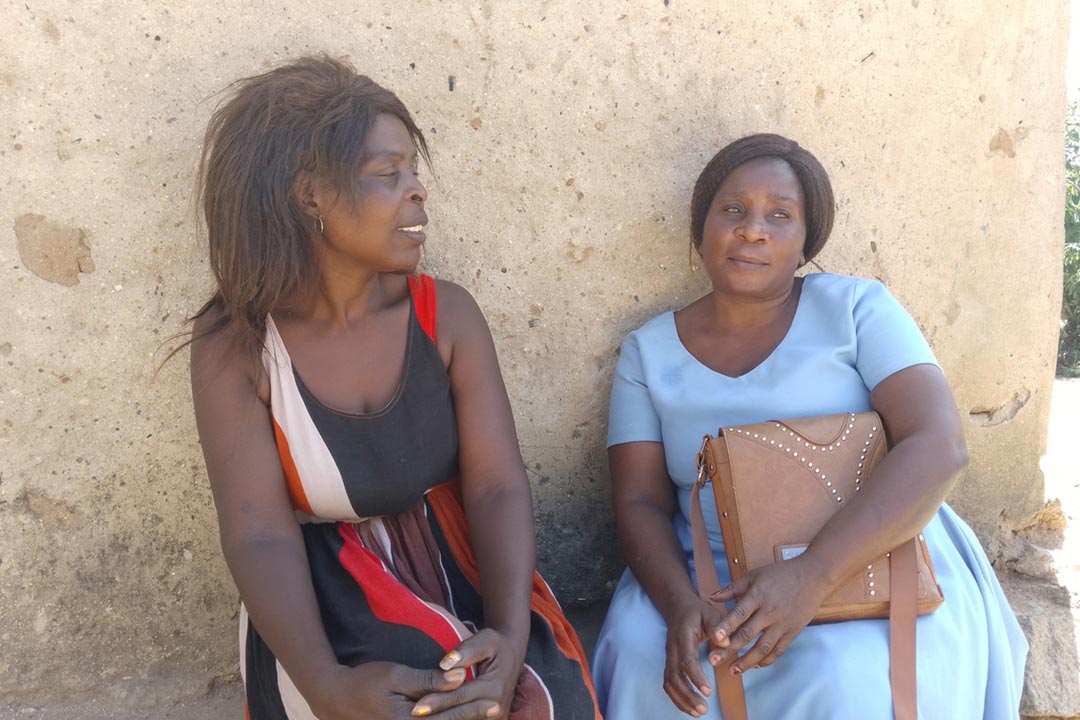Lucy Msukwa is on a mission to save 1,000 girls from cervical cancer
The Malawian nurse-midwife has vaccines, determination and one small, very unreliable vehicle on her side.
- 7 October 2025
- 4 min read
- by Charles Pensulo
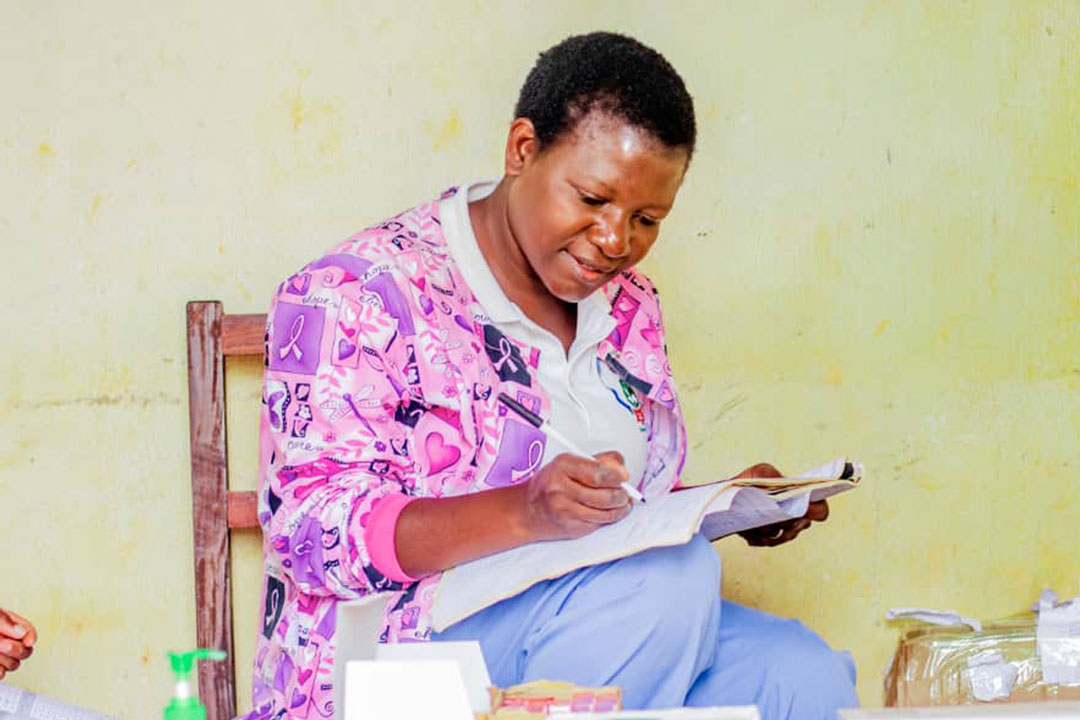
Nurse Lucy Msukwa founded Uchembere Wabwino (“Safe Motherhood”) Maternity Clinic in Mzuzu, Malawi, in 2019. She says the facility’s work is her personal vocation – one born out of pain, and fuelled by passion.
Decades ago, young Msukwa was at her pregnant mother’s bedside, watching her fight a losing battle with complications connected to diabetes and hypertension. Not long after she gave birth to Msukwa’s younger brother, she died.
“This was very painful to me – looking at the fact that I had lost a mum because of complications. During that time there were fewer nurses on cover, and I thought that if there were a lot of nurses on duty who would have provided care to my mum maybe she could have been saved,” she explains.
Again in secondary school she found herself at a hospital bedside – this time, attending on her father. After his death, she says, she vowed to be a health worker.
A new generation benefits
Today, the professional nurse and midwife is on a drive to vaccinate 1,000 young girls with the HPV (human papillomavirus) vaccine, which is responsible for almost every case of cervical cancer. The vaccine blocks HPV infections – most effectively before first exposure – and protects girls from the cancer.
Have you read?
It’s been available in Malawi since 2019, where it has the potential to bring about a transformational improvement to women’s health. According to Malawi’s Cervical Cancer Strategic Plan, released in 2022, the country has the world's highest incidence and mortality rates of cervical cancer. In 2020, cervical cancer accounted for 37% of all new cancer cases among females.
“In Malawi, we are experiencing silent deaths. Many women are dying because of undiagnosed cancer. When it is being discovered, it is already in late stages. So to prevent this one, we said – as a clinic – we need to do something,”says Msukwa.
Extending access to the vaccine is that something. A sequence of disasters, from Cyclone Freddy to COVID-19, had dampened uptake in the early years. An impressive rebound effort ensued – but even in 2023, just 68% of eligible girls had been immunised.
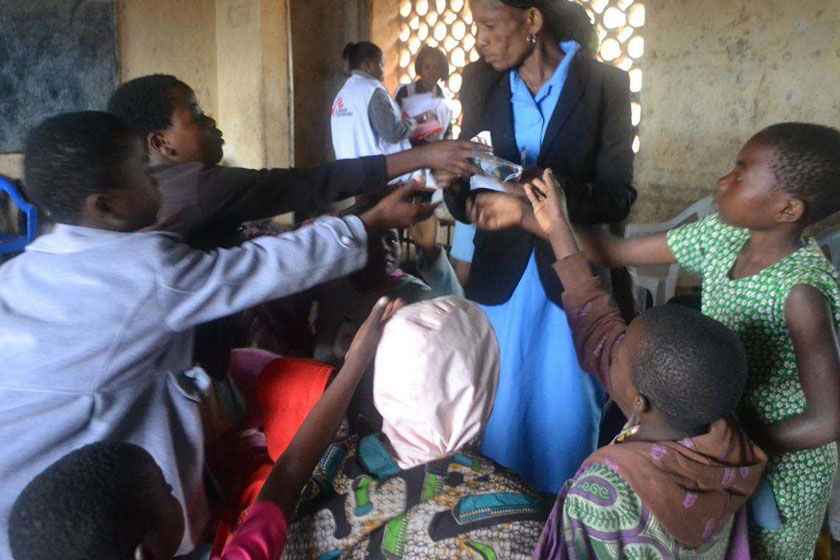
“It is a dream for every woman to have a healthy child, to have a healthy life in the future,” Msukwa says. “So we’ve been giving the HPV vaccines to young girls aged 9 to 11, so that they should be protected from cervical cancer.”
Running on hope and determination – and not much else
It’s early days yet, with just 70 local girls protected so far. That means there are 930 to go before Msukwa hits her target – she’s optimistic.
But she’s also clear-eyed about the challenges. “What I’ve observed is that some people are not willing to get vaccinated for the HPV because of different misconceptions. There are some, who say that these vaccines are being given to the girl child so that they should not have children in future, which is just a misconception. That is one of the challenges that we have been facing,” she said.
There’s a “high gap in terms of knowledge or sensitisation” that hampers access not just to the vaccine, but also to cervical cancer screening, Msukwa says.
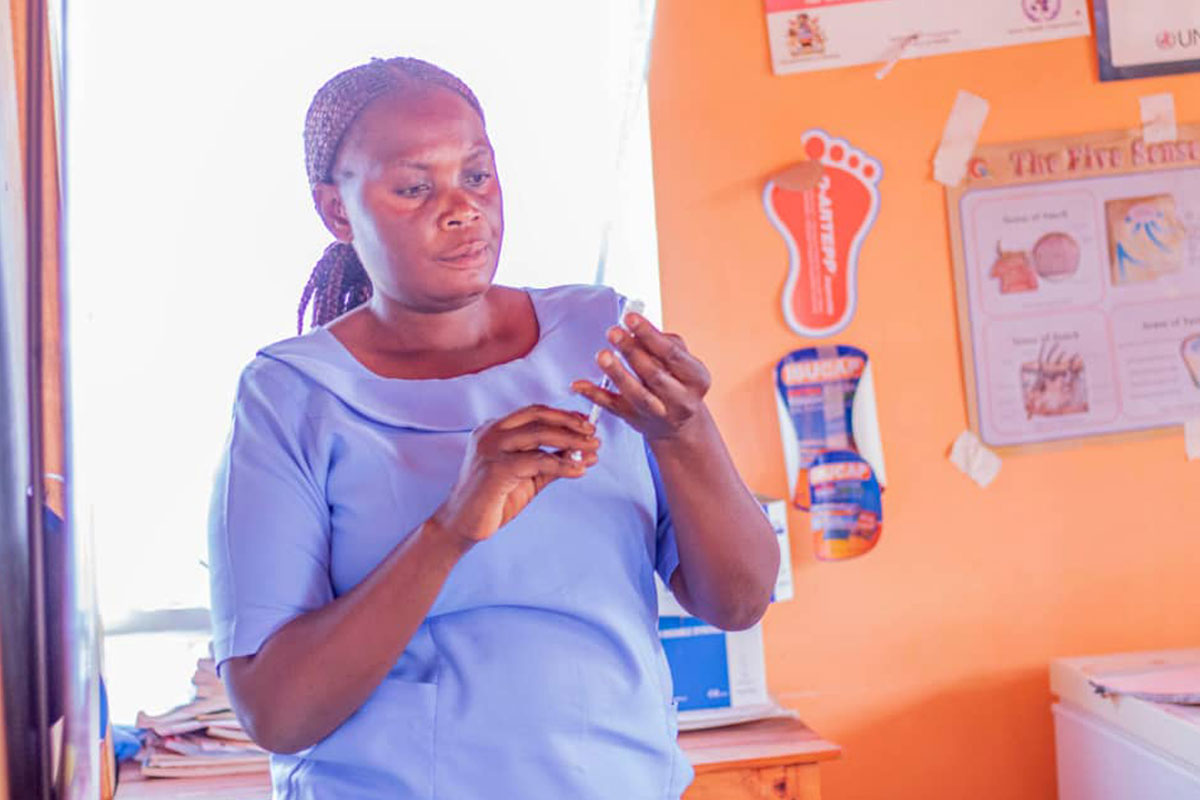
She and her team aim to remedy that, even if it takes a while. “As an organisation we are still developing, we are very small, and we use our own small vehicles and some areas are very hard to reach, you know, so it's very hard for us.
“I remember like last time, we had a breakdown because our car was very small, and the tires were very fragile, and the area is very heated… so the challenge that we are facing is to get the services to the women,” she explains.
